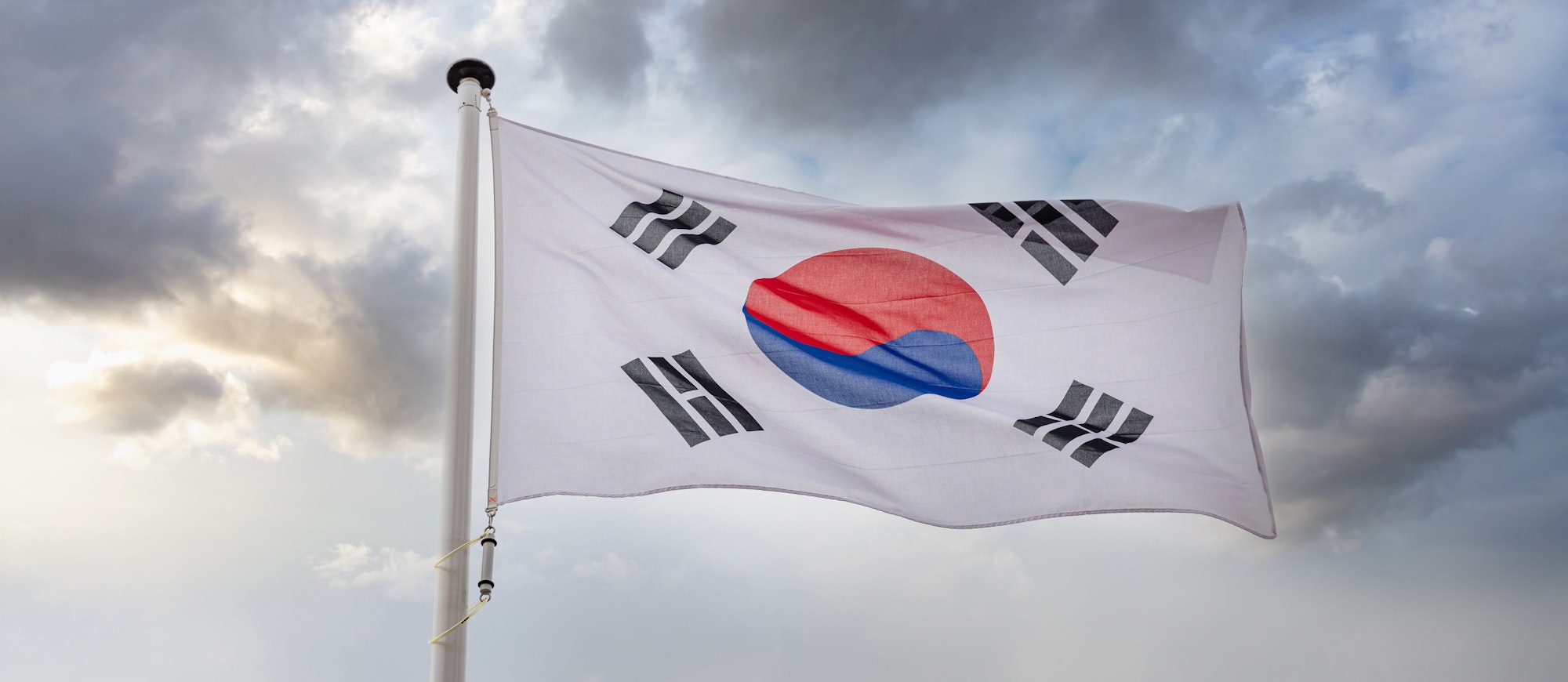Investigators are examining a major data breach involving Korean Air after personal records for around 30,000 employees were exposed in a cyberattack on a former subsidiary.
An incident that affected KC&D Service, which previously handled in-flight catering before being sold to private equity firm Hahn and Company in 2020.
The leaked information is understood to include employee names and bank account numbers. Korean Air said customer records were not impacted, and emergency security checks were completed instead of waiting for confirmation of the intrusion.
Korean Air also reported the breach to the relevant authorities.
Executives said the company is focusing on identifying the full scope of the breach and who has been affected, while urging KC&D to strengthen controls and prevent any recurrence. Korean Air also plans to upgrade internal data protection measures.
The attack follows a similar case at Asiana Airlines last week, where details of about 10,000 employees were compromised, raising wider concerns over cybersecurity resilience across the aviation sector of South Korea.
Would you like to learn more about AI, tech and digital diplomacy? If so, ask our Diplo chatbot!










